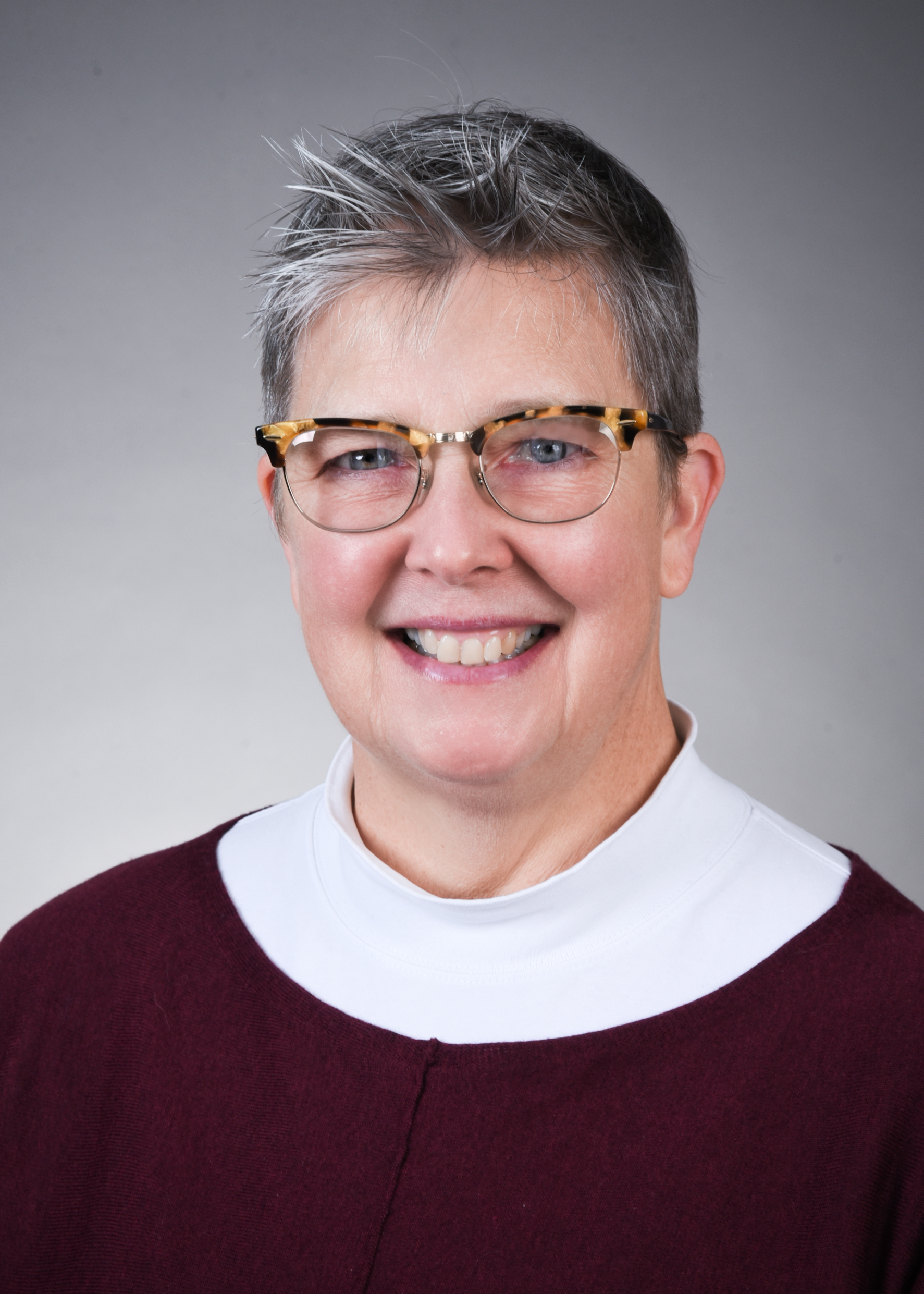Moving Nursing Science Forward
October 31, 2022 Cynthia L. Renn
At UMSON, one of the nation’s first strictly research-focused departments in a nursing school is driving chronic pain research and management into the future.
Cynthia L. Renn, PhD, RN, FAAN
Professor and Chair, Department of Pain and Translational Symptom Science
Co-Director, University of Maryland, Baltimore Center to Advance Chronic Pain Research
Founded in 2014, the University of Maryland School of Nursing’s Department of Pain and Translational Symptom Science (PTSS) is unique in that it is among the first (if it’s not actually the first) strictly research-focused departments in a school of nursing. Thanks to the vision of Jane M. Kirschling, PhD, RN, FAAN, the Bill and Joanne Conway Dean, in establishing this department, PTSS faculty can dedicate their efforts toward research aimed at advancing the science of symptom management in general, as well as both acute and chronic pain management specifically.
Since I was appointed chair of the department in July, my vision has been to build on the department’s strong foundation and use it as a springboard to launch PTSS into its next chapter. PTSS has a vibrant cadre of faculty, staff, and trainees with national and international reputations as recognized leaders in their fields. I hope that PTSS will continue to grow and to serve as an exemplar of a research-focused department for other schools of nursing to emulate.
These are both challenging and exciting times. The challenge comes from understanding the devastation of the opioid crisis and the toll that chronic pain takes on patients, families/caregivers, and society. The excitement comes from knowing that our collective programs of research are moving the science toward finding new and innovative therapeutic strategies to better manage and/or prevent chronic pain. As chair of PTSS and co-director of the University of Maryland, Baltimore Center to Advance Chronic Pain Research (CACPR), my goal is to ensure the professional growth of junior faculty to become independently funded scientists, support senior faculty so that they have the resources necessary to maintain their success, and increase the vitality and perpetuate the success of both PTSS and CACPR far into the future. The driving force behind my mission is knowing that the field of chronic pain research and management will be in a better place because of the hard work and dedication of the scientists I work with.
PTSS faculty and trainees have contributed to the development of many interdisciplinary collaborations across the University of Maryland, Baltimore (UMB) and beyond, including CACPR. Participation in CACPR enhances opportunities for our faculty and trainees to develop collaborations with center members from other UMB schools. PTSS faculty are also serving as directors of two newly formalized organized research centers of excellence at UMSON: the Placebo Beyond Opinions Center, which focuses on advancing unbiased knowledge of placebo effects, and the SYNAPSE Center, which aims to address symptom science through neuroscientific and psychological approaches that include experimental research. The synergy generated from participating in these centers enhances faculty and trainee professional growth as well as the growth of the department as a whole, leading to more grant funding, more faculty hires, and more cohesive, collaborative work within the department. The caliber of the PTSS faculty contributes to our ability to publish our work in top-tier scientific journals, to continue building strong research portfolios, and to enhance the UMSON’s research reputation nationally and internationally.
Disclaimer: Elm Voices & Opinions articles reflect the thoughts or opinions of their individual authors, and may not represent the thoughts or values of UMB as an institution.